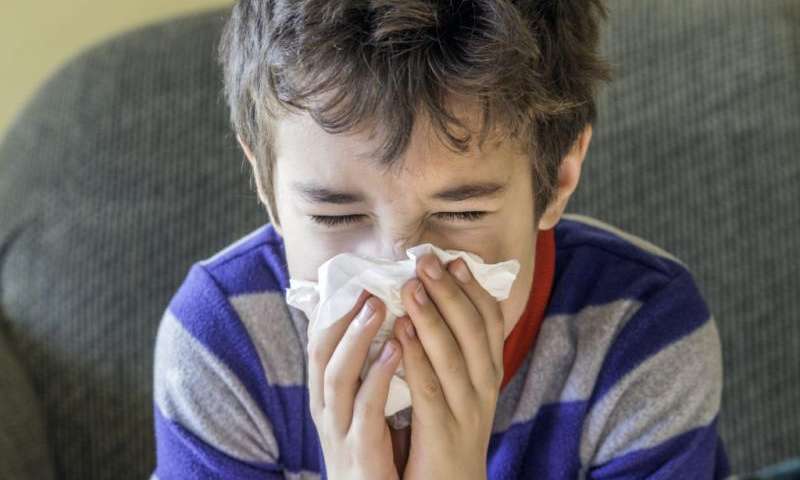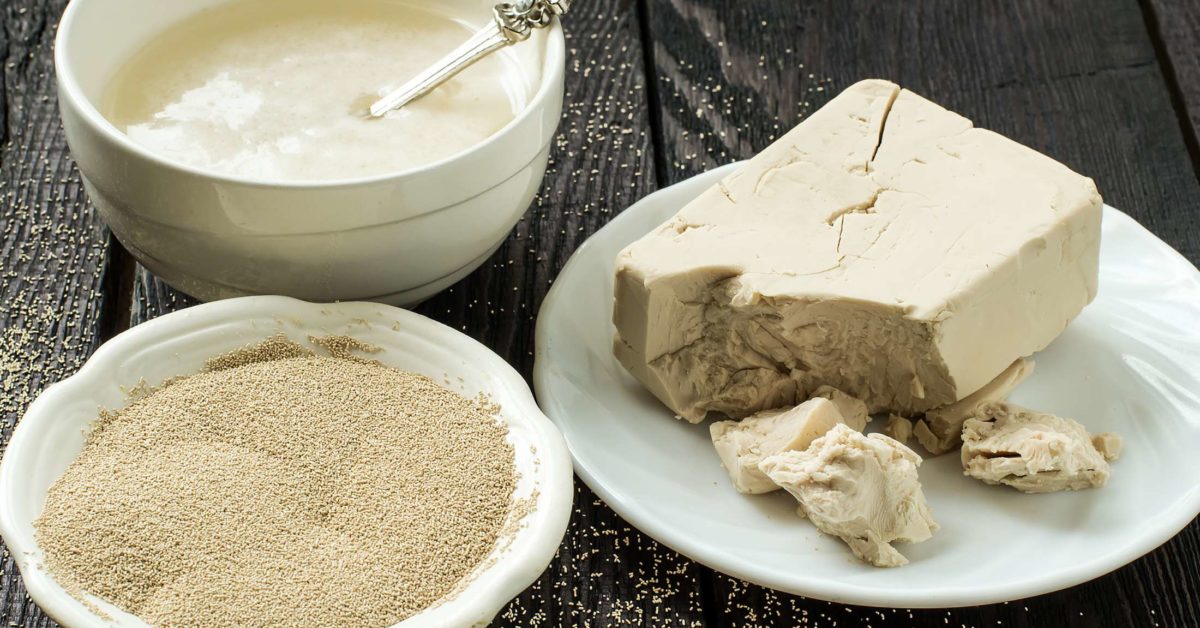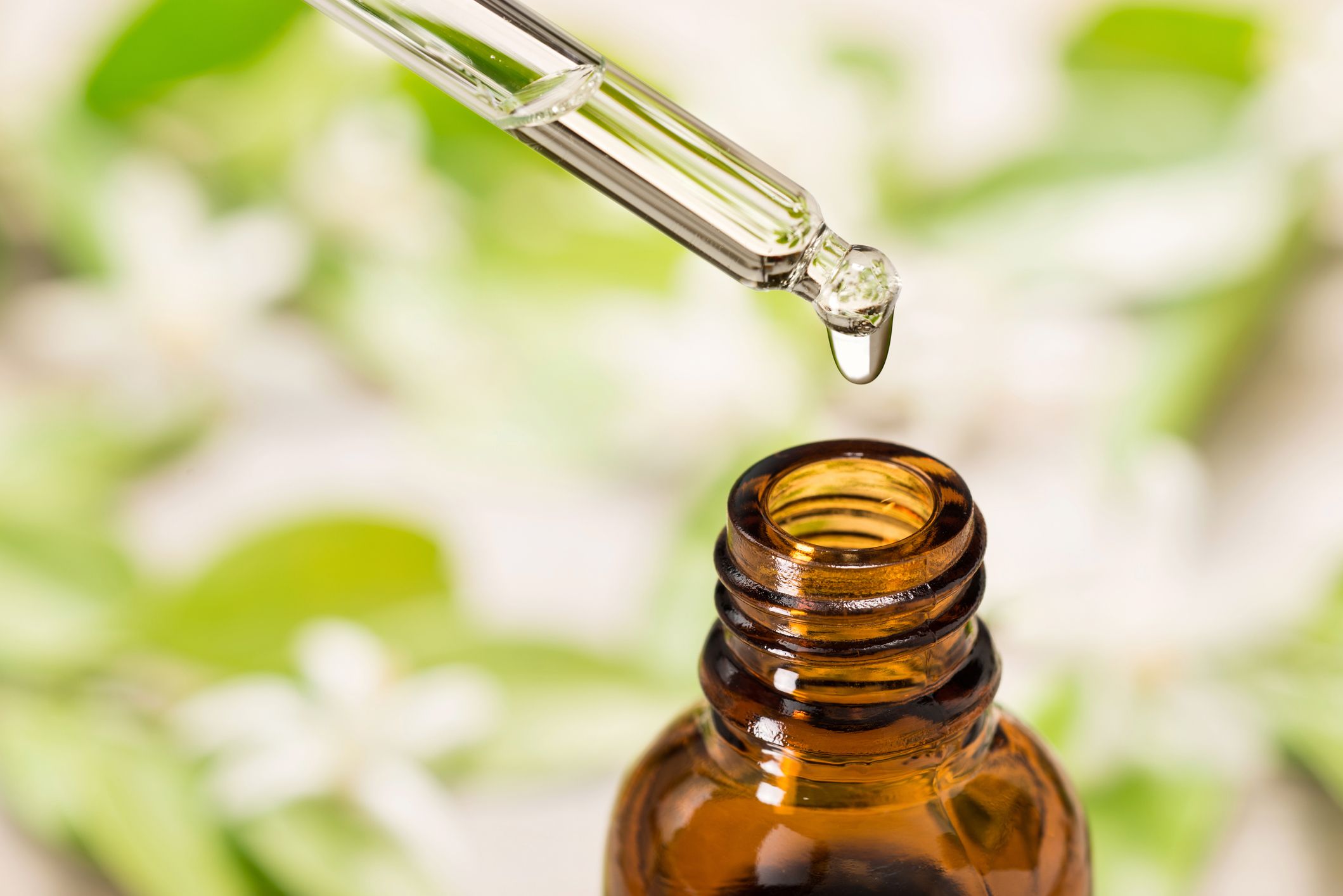What’s going on with your kids?
Maybe you’ve noticed a raised red spot on your son’s skin after he’s been playing in the park.
Maybe you hear your daughter sneezing after she pets your neighbor’s cat.
Or you might notice your preteen rubbing his puffy eyes as he wheels the lawn mower back into the garage.
What do these symptoms have in common and how can you help?
What is an allergy?
The children described above may be showing signs of an allergic reaction. Common allergy triggers include:
- dust
- pollen
- animal dander
- insect stings
- certain medications
- some foods
Any child can develop an allergy. It happens when their immune system overreacts to a substance that’s normally harmless.
When your child eats, touches, or breathes in an allergen, their immune system releases histamines. That causes symptoms of an allergic reaction.
The symptoms of an allergic reaction can vary from person to person. Allergens can affect your child’s skin, respiratory tract, and other organs.
How can allergies affect your child’s skin?
If your child comes in contact with an allergen, they may develop contact dermatitis. Their skin may appear:
- red
- itchy
- scaly
- bumpy
- swollen
If they touch, inhale, or eat an allergen, they can also develop hives. These are raised welts that can develop on their skin, and they’re almost always itchy.
Some children with allergies also develop eczema. This condition causes their skin to become inflamed, itchy, and irritated, even when they haven’t made contact with an allergen.
What do respiratory symptoms involve?
Allergic reactions can also affect your child’s respiratory tract and sinuses. After coming into contact with an allergen, they may experience:
- sneezing
- stuffy or runny nose
- red, itchy, or watery eyes
- a feeling of pressure in their face
- coughing, wheezing, shortness of breath
If your child has a severe allergy, they may develop anaphylaxis. This is a potentially life-threatening allergic reaction.
It can cause their airways to close, making it difficult to breathe.
What other symptoms do allergies cause?
Your child might experience other, more severe symptoms too, including:
- dizziness
- queasiness
- cramps
- diarrhea
- vomiting
- a tingling sensation in their mouth
- swelling of their tongue or face
In the case of a severe allergic reaction, they can even lose consciousness.
If you suspect your child has an allergy, make an appointment with their doctor.
If you suspect they’re having a severe allergic reaction, give them epinephrine if you have it, and call 911.
How can you prevent allergic reactions?
The most effective way to prevent allergic reactions is to avoid allergens. Once you know what allergens your child is allergic to, ask their doctor how they can avoid them.
For example, if your child is allergic to grass, their doctor may encourage them to wear long pants and socks outside.
If they’re allergic to dogs, their doctor may advise them to avoid petting them.
If they’re allergic to certain foods, their doctor will emphasize the importance of never eating them. For example, they will likely encourage you and your child to read ingredient lists, ask questions about restaurant menu items, and take steps to avoid contaminating dishes and cooking surfaces with allergens.
Can you use natural remedies?
Many allergic reactions can be avoided. But accidents do happen.
To treat allergic reactions, your child’s doctor will likely recommend certain medications. For example, they may recommend over-the-counter antihistamines, prescription antihistamines, or epinephrine.
Some natural remedies may also help soothe mild allergic symptoms. But you should never use natural remedies to treat a severe allergic reaction.
Always talk to your child’s doctor before trying a new treatment for their allergies.
Natural remedies for skin symptoms
Antihistamine creams and lotions are available at many drug stores. Some other remedies may also help soothe skin symptoms.
For example, to help treat contact dermatitis, bathe the irritated area with warm water and mild soap. Then consider applying aloe Vera gel or calendula cream.
Note, however, that some people can also be sensitive to the ingredients in these products. If your child’s skin is dry, a fragrance-free moisturizing cream or ointment may help.
To help relieve hives, apply a cool wet cloth to the area. Putting baking soda or oatmeal in your child’s bathwater might also provide a soothing effect.
Natural remedies for sinus symptoms
Even if you install filters on your air conditioner, get rid of allergy-triggering pets, and keep kids inside when pollen counts are high, it may be hard for them to avoid airborne allergens completely.
To treat mild respiratory symptoms, consider trying over-the-counter allergy medications.
Breathing in steam from a bowl of hot water may also help clear congested sinuses.
And some people believe that nasal lavage can help. In this procedure, you use a neti pot or other device to flush your child’s nasal cavities out with water. Do this only with older children who will cooperate with the procedure.
Natural remedies for stomach symptoms
If your child has diarrhea, encourage them to eat a bland diet. For example, many people recommend rice, toast, bananas, and applesauce. It’s also important for them to drink plenty of water and other fluids.
If your child feels nauseous, encourage them to rest and stay still. Get rid of strong scents that might make their upset stomach worse, such as candles or air fresheners.
You can also look for special ant nausea wristbands at your local drug store. They’re designed to stimulate a pressure point that might help relieve nausea. Though there is no strong evidence these work, they are low-risk.





